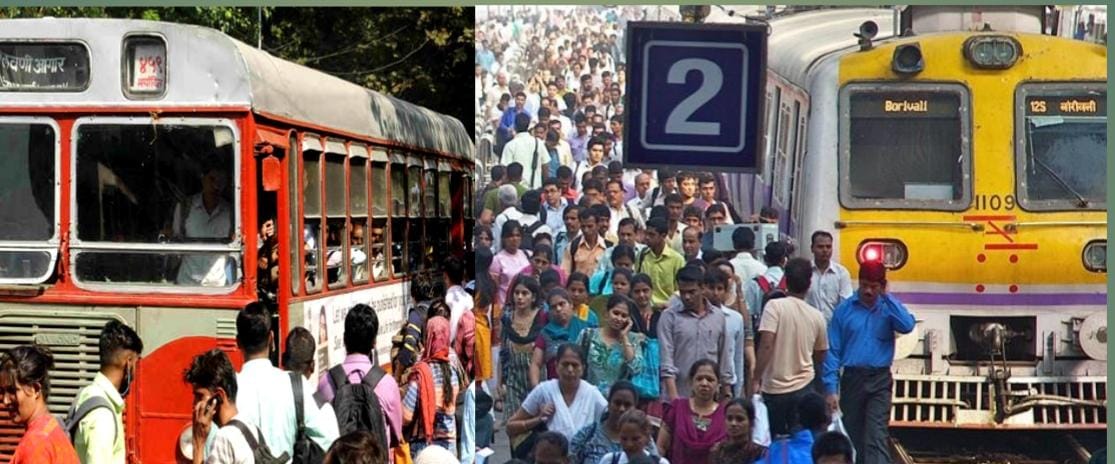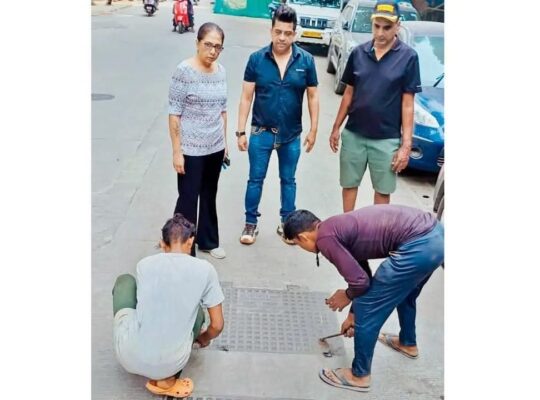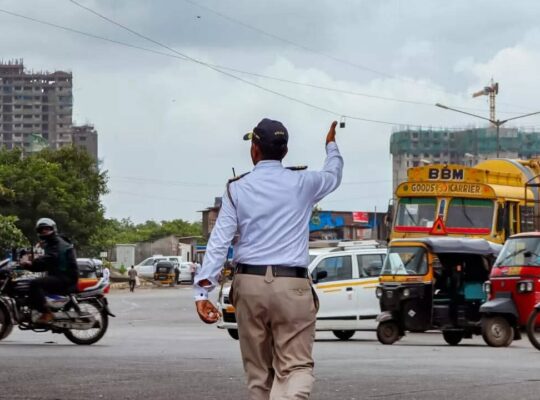Mumbai : In a strong response to growing safety concerns, Maharashtra Transport Minister Pratap Sarnaik has announced a series of urgent measures to improve passenger safety, especially for women, at bus stations and on public transport systems like ST buses and local trains.
Swift Action After Safety Incident
The minister’s statement follows a serious incident involving the harassment of a female passenger at Pune’s Swargate Bus Depot. Sarnaik immediately ordered an inquiry and announced strict action against the depot manager and officials responsible for safety lapses.
He has ordered suspension of negligent officers and replacement of security staff to ensure safer conditions for women travelers.
High-Tech Safety Measures
To modernize safety monitoring, Sarnaik announced that AI-enabled smart buses will be introduced.
These new buses will come with GPS, CCTV cameras, and artificial intelligence systems that can:
Track unusual activity inside buses
Monitor if drivers are distracted, sleeping, or on the phone
Alert control rooms for quick intervention
Major Bus Fleet Overhaul
Sarnaik declared that MSRTC (Maharashtra State Road Transport Corporation) will purchase 5,000 buses annually for the next five years.
Of these, 1,000 will be electric smart buses each year, replacing older models and reducing dependence on private contractors.
The Gross Cost Contract (GCC) system, under which private companies run buses, is being phased out. Instead, MSRTC will operate and maintain its own fleet to ensure better service and accountability.
White Paper on Financial Reform
Sarnaik has published a white paper outlining a roadmap to bring the MSRTC into profit within the next four years.
The document details reforms in:
Administrative efficiency
Spending control
Improved passenger services
Use of digital and AI-based management tools
Surprise Inspections
During a surprise inspection of ST bus stations along the Pune-Solapur highway, the minister checked cleanliness, food quality, restroom hygiene, and women’s facilities, stating that female commuters’ concerns will be prioritized.











